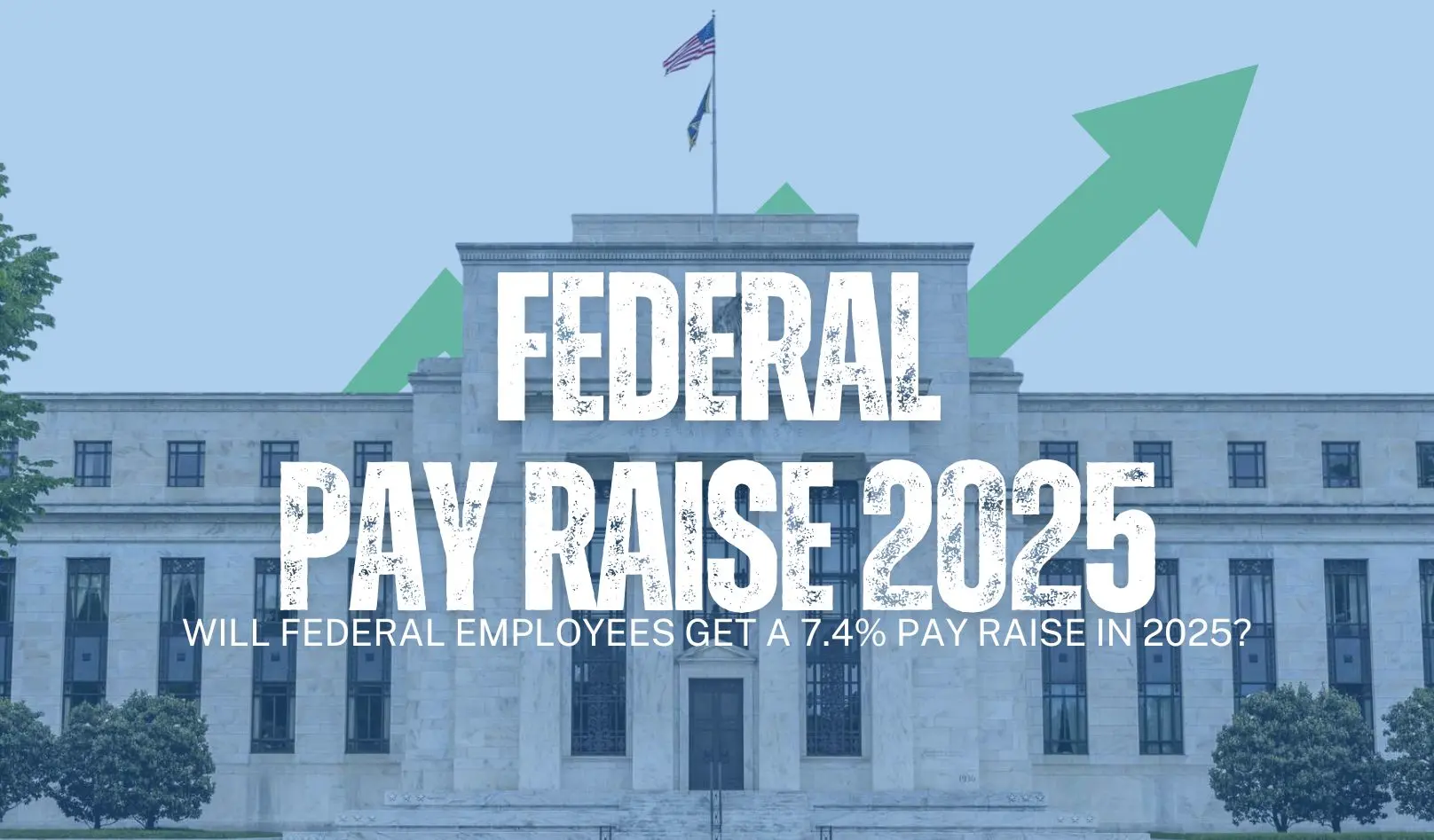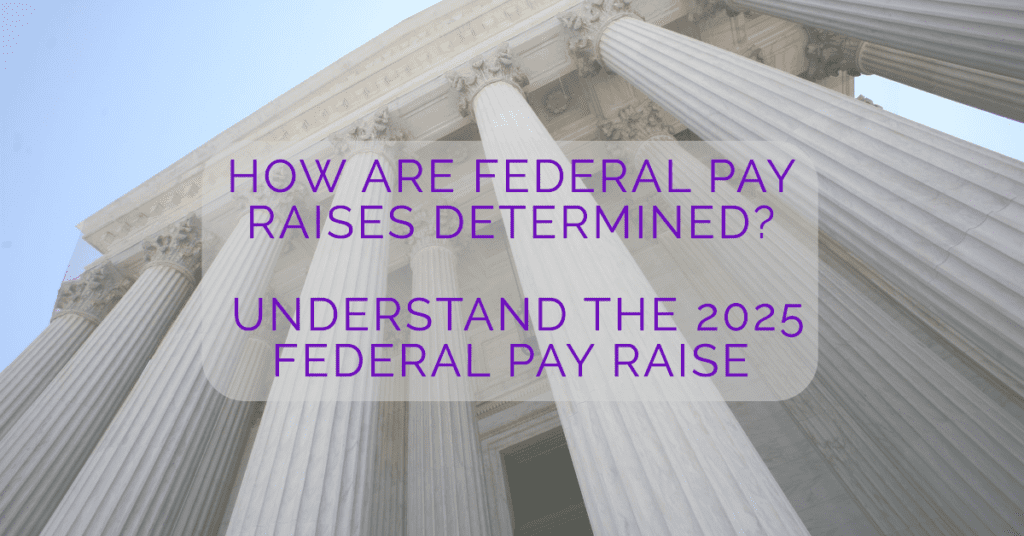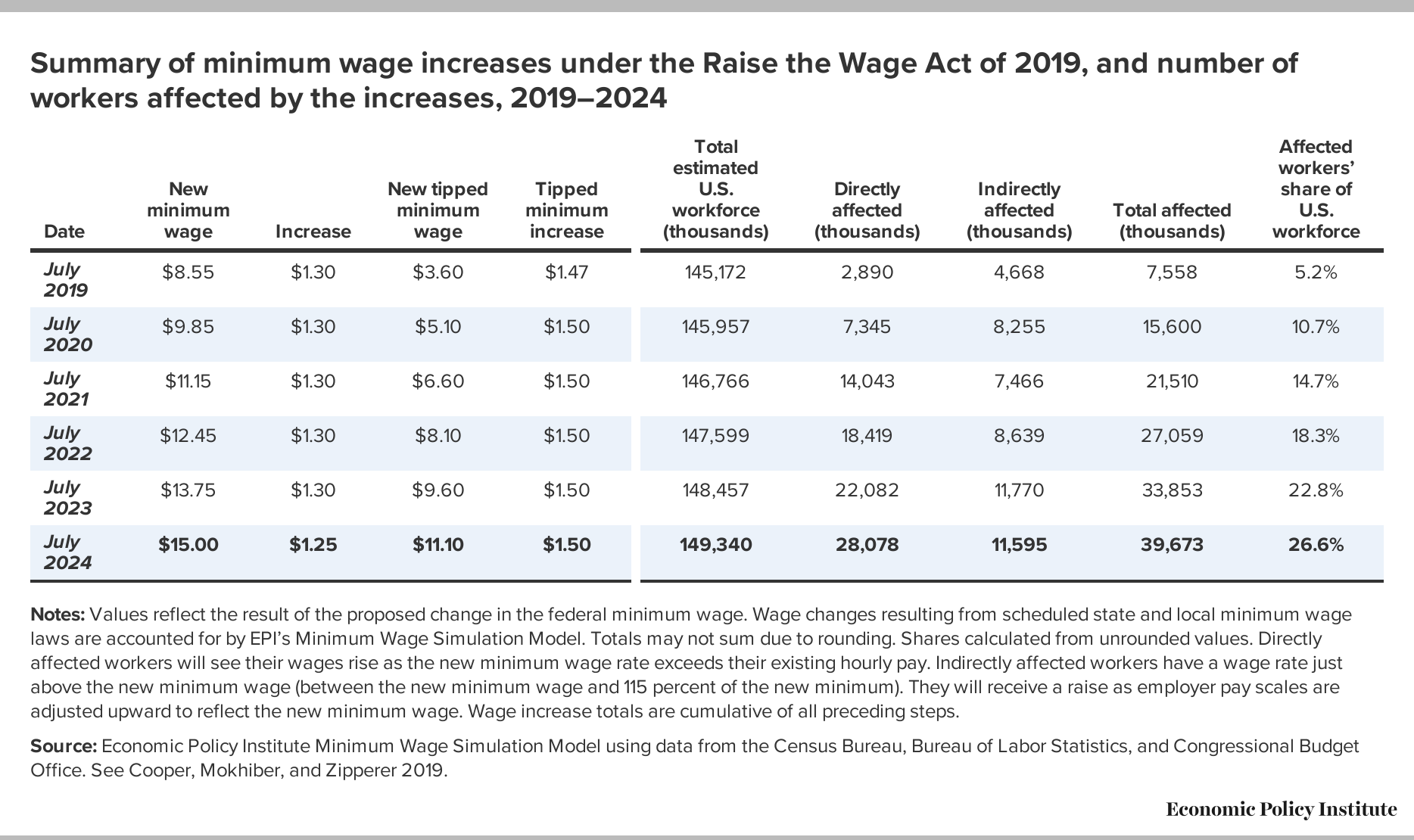1, Apr 2024
Government Employee Pay Raise 2025: A Comprehensive Overview
Government Employee Pay Raise 2025: A Comprehensive Overview
Related Articles: Government Employee Pay Raise 2025: A Comprehensive Overview
- Next AA International Convention: A Gathering Of Hope And Unity
- 2025 Calendar With Holiday Schedules
- 2025 Ford Maverick AWD: The Next-Generation Compact Pickup
- Public Holidays In Western Australia 2025
- 2025 Federal Government Pay Period Calendar
Introduction
With enthusiasm, let’s navigate through the intriguing topic related to Government Employee Pay Raise 2025: A Comprehensive Overview. Let’s weave interesting information and offer fresh perspectives to the readers.
Table of Content
Video about Government Employee Pay Raise 2025: A Comprehensive Overview
Government Employee Pay Raise 2025: A Comprehensive Overview

Introduction
Government employees play a vital role in society, providing essential services that ensure the smooth functioning of the nation. From healthcare professionals to law enforcement officers, teachers to administrative staff, government workers are responsible for a wide range of tasks that impact the lives of all citizens. In recognition of their contributions, governments regularly review and adjust the salaries of their employees to ensure fair compensation and attract and retain qualified personnel. In this article, we will explore the potential government employee pay raise for 2025, examining factors that may influence the decision, potential implications, and the current landscape of government employee salaries.
Factors Influencing the Pay Raise Decision
Several key factors typically influence the government’s decision regarding employee pay raises. These include:
- Economic Conditions: The overall economic climate plays a significant role in determining the availability of funds for pay increases. Strong economic growth and low unemployment rates may create a more favorable environment for salary adjustments.
- Inflation Rate: The rate of inflation measures the increase in the cost of living. Governments may consider adjusting salaries to keep pace with inflation and ensure that employees’ purchasing power remains intact.
- Labor Market: The availability of qualified workers in the labor market can influence the government’s pay raise decision. If there is a shortage of qualified candidates in certain fields, the government may need to offer higher salaries to attract and retain employees.
- Union Negotiations: In some cases, government employee unions negotiate with the government to determine salaries and benefits. The outcome of these negotiations can impact the pay raise decision.
- Political Considerations: Political factors, such as upcoming elections or public opinion, can also influence the government’s decision on employee pay raises.
Potential Implications of a Pay Raise
A government employee pay raise can have several potential implications, including:
- Increased Employee Morale: Fair compensation can boost employee morale and increase job satisfaction, leading to improved productivity and performance.
- Recruitment and Retention: Competitive salaries help the government attract and retain qualified employees, ensuring a skilled workforce.
- Economic Stimulus: Government employee pay raises can inject money into the economy, stimulating consumer spending and economic growth.
- Budgetary Constraints: Pay raises require funding, which can put a strain on government budgets and potentially lead to cuts in other areas.
- Tax Implications: Pay increases may result in higher tax liabilities for government employees, reducing the net benefit of the raise.
Current Landscape of Government Employee Salaries
The current landscape of government employee salaries varies widely depending on the country, region, and level of government. In the United States, for example, the average federal government employee salary is around $95,000 per year. However, salaries can range from entry-level positions in the $30,000 range to senior executives earning over $200,000 per year. State and local government employee salaries tend to be lower, with an average salary of around $60,000 per year.
Conclusion
The government employee pay raise for 2025 will be determined by a complex interplay of economic, labor market, and political factors. While a pay raise can have positive implications for employee morale, recruitment, and economic growth, it also requires careful consideration of budgetary constraints and tax implications. By examining these factors and the current landscape of government employee salaries, we can gain a better understanding of the potential pay raise decision and its potential impact.







Closure
Thus, we hope this article has provided valuable insights into Government Employee Pay Raise 2025: A Comprehensive Overview. We thank you for taking the time to read this article. See you in our next article!
- 0
- By admin